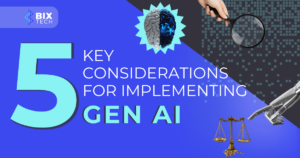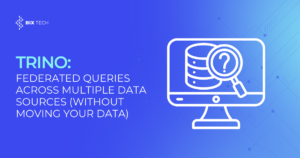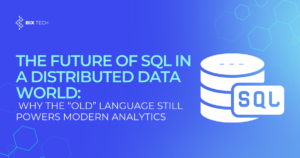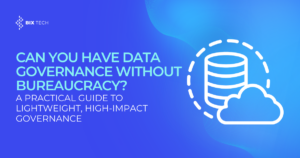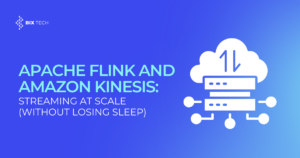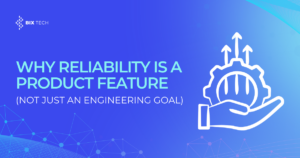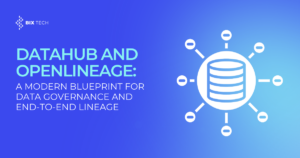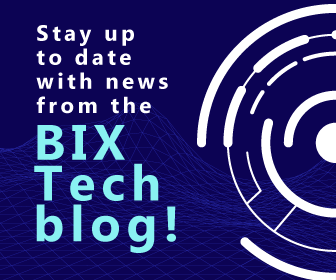Data Science Demystified: How Data Science is Powering Business Success in 2025

Sales Development Representative and excited about connecting people
In today’s digital-first economy, “data science” is much more than just a buzzword—it’s a core driver of innovation, efficiency, and competitive advantage. From startups to Fortune 500s, organizations are leveraging data science to gain actionable insights, automate processes, and make smarter decisions. But what exactly is data science, and how can it revolutionize your business strategy in 2025 and beyond?
Let’s break it down, explore real-world applications, and see how you can start harnessing the power of data science right now.
What is Data Science?
At its core, data science is an interdisciplinary field that combines mathematics, statistics, programming, and domain expertise to extract meaningful insights from raw data. Data scientists use advanced analytical techniques—such as machine learning, predictive analytics, and data mining—to solve complex problems and forecast trends.
Key components of data science include:
- Data Collection & Cleaning: Gathering and preparing data from multiple sources.
- Exploratory Data Analysis: Understanding patterns, relationships, and anomalies.
- Modeling & Machine Learning: Using algorithms to make predictions or automate tasks.
- Visualization & Communication: Presenting insights clearly to drive business decisions.
Why is Data Science Important for Businesses?
The value of data science lies in its ability to turn raw data into actionable intelligence. Here’s how it’s transforming businesses across industries:
1. Enhanced Decision Making
With data-driven insights, leaders can make smarter, faster decisions. For instance, predictive models can forecast customer demand, helping retailers optimize inventory and reduce waste. Discover how data analysis drives productivity and better business results.
2. Process Automation
Data science enables automation of repetitive tasks—think fraud detection in banking or real-time recommendations in e-commerce. This not only increases efficiency but also frees up employees for more strategic work.
3. Personalized Customer Experiences
By analyzing customer behavior, businesses can tailor recommendations, marketing campaigns, and services to individual preferences. This leads to higher satisfaction and loyalty.
4. Risk Management and Fraud Detection
Machine learning algorithms can identify suspicious patterns and flag anomalies, reducing financial losses and safeguarding brand reputation.
Real-World Applications of Data Science
Let’s look at some practical examples of data science in action:
- Healthcare: Predictive analytics help identify at-risk patients, streamline diagnoses, and personalize treatment plans.
- Retail: Dynamic pricing models and inventory optimization ensure the right products are available at the right time.
- Manufacturing: Predictive maintenance models forecast equipment failures, minimizing downtime and saving costs.
- Marketing: Segmentation and sentiment analysis enable highly targeted campaigns that yield better ROI.
Want a deeper dive into data science transformations across sectors? Explore the data science business revolution and discover more use cases.
The Data Science Process: From Data to Insights
Here’s a simplified roadmap of how data science delivers value:
- Define the Problem: What business question are you trying to answer?
- Collect Data: Pull data from relevant sources (databases, APIs, IoT devices, etc.).
- Clean and Prepare Data: Remove errors, fill gaps, and format for analysis.
- Explore and Analyze: Use statistics and visualization to understand relationships.
- Build Models: Apply machine learning algorithms to predict or classify outcomes.
- Interpret Results: Translate findings into actionable business strategies.
- Deploy and Monitor: Integrate models into business processes and monitor performance.
Getting Started: Building a Data-Driven Culture
Implementing data science is not just about hiring a data scientist—it’s about fostering a data-driven mindset throughout your organization. Here are some actionable tips:
- Start Small: Identify quick-win projects that demonstrate value.
- Invest in Training: Upskill employees in data literacy and analytical thinking.
- Leverage the Right Tools: Invest in robust data infrastructure and scalable analytics platforms.
- Prioritize Data Quality: Clean, accurate data is the foundation of effective data science.
If you’re wondering whether now is the time to adopt AI and data science, find out when your company needs AI services and how to take the first steps.
Future Trends in Data Science for 2025
The data science landscape is evolving rapidly. Here’s what’s shaping the field this year:
- Generative AI: Tools like GPT-4 are transforming how businesses generate content and interact with customers.
- Real-Time Analytics: Instant insights are powering agile decision-making.
- Explainable AI: Transparency and trust in AI models are becoming business imperatives.
- Edge Computing: Analytics is moving closer to data sources, enabling faster responses and reduced latency.
Conclusion
Data science is no longer a luxury—it’s a necessity for organizations that want to thrive in the digital era. Whether you’re improving operational efficiency, delighting customers, or uncovering new revenue streams, the power of data science can’t be overstated.
Ready to embark on your data-driven journey? Start by identifying your business challenges, upskilling your team, and embracing a culture of analytics. The future belongs to those who turn data into strategic advantage.
Want to learn more about unleashing the power of data in your business? Explore our comprehensive guides and discover how data science can revolutionize your operations.



